Ayatollah Khamenei has lashed out at independent media, identifying it and journalists as clear targets in his “combined offensive” against threats to Iran’s economy, society and security.
"The clear policy of the media opposed to Islam and Iran is to distort the facts and use lies to distort the positive points of the revolution,” he told a group of Iranian Air Force commanders on February 9. He referred to a "media invasion,” “media aggression” and “professional lies”, and said an “explanation jihad” was needed, describing such an explainer as a “definite and immediate duty.”
Over the last 40 years, the Islamic Republic has threatened, kidnapped, arrested, tortured and killed journalists who dared criticize the regime or report on its activities. The Supreme Leader’s recent comments appear to represent a fresh campaign against journalists, freedom of expression and the voices of protesters and activists.
In an interview with Journalism is Not a Crime, journalist Jamshid Barzegar, who works for Persian-language media outside Iran, said the Supreme Leader Ali Khamenei also acknowledged the failure of government-affiliated media outlets too, though he focused on these failings a lot less. These fresh remarks would likely lead to an increase in arrests, detentions, threats, and killings of journalists both in and outside Iran, he said.
Khamenei accused journalists of “embellishing the ugly and corrupt face of the former dictatorial regime and the SAVAK [the intelligence service under the Shah]” and “covering up their betrayals,” “distorting the image of the revolution and the great Imam, the progress, and the facts, concealing the positive points of the revolution and magnifying weaknesses hundreds of times.”
The Leader was quite specific about the type of “media aggression” that made him most angry. "Media dictatorship is a dictatorship of Western powers, examples of which are the removal of the name and photo of the Martyr [Ghasem] Soleimani from websites. Great and epic work was done in these decades, but due to shortcomings, there is not much reflection or news of these amazing achievements in the media. A few economic and livelihood problems should not conceal the achievements and hide them from the public eye." He said defending Iran's most cherished values was not enough: an offensive strategy was required.
The Long List of Targeted Journalists
Historically, the Islamic Republic has neglected the media and failed to provide an environment for it to adapt and thrive. Instead of trying to build audiences and improve the quality of the country’s media, it has relied on censorship. And in many cases, it has championed a policy of open hostility, suppressing independent media and journalists
Research carried out by Journalism is Not a Crime revealed that in the last 43 years, at least 30 journalists and writers have been killed by the security and judicial apparatus of the Islamic Republic. They have been executed, murdered in prison, and assassinated at home and on the street. Below is a list of these journalists and the cause of their deaths:
Mahmoud Jafarian and Parviz Nikkhah, directors of Iranian Radio and Television at the time of the revolution (executed)
Simon Farzami, editor-in-chief of the Journal de Tehran (executed)
Hamid Rezvan, author (murdered)
Ali Asghar Amirani, editor-in-chief of Khandaniha Magazine (murdered; shot by a firearm)
Saeed Soltanpour, poet and playwright (murdered; shot)
Jalal Hashemi Tangestani, writer (murdered)
Rahman Hatefi, journalist (murder by torture)
Hossein Sadraei Eghdami, poet and writer (executed or murdered under torture)
Fereydoun Farrokhzad, poet and singer (assassinated in Germany)
Ali Akbar Saeedi Sirjani, writer (murdered in prison)
Reza Mazlouman, journalist (assassinated in Paris)
Ghaffar Hosseini, translator and writer (assassinated in Tehran)
Ahmad Tafzali, translator and linguist (assassinated in Tehran)
Ebrahim Zalzadeh, journalist (assassinated in Tehran)
Ahmad Mir Alaei, translator and writer (assassinated in Isfahan)
Hamid Hajizadeh, poet (assassinated, along with his 10-year-old son, in Kerman)
Parvaneh Parasto, poet and political activist (assassinated in Tehran)
Pirooz Davani, writer and translator (assassinated in Tehran)
Majid Sharif, translator and writer (assassinated In Tehran)
Mohammad Mokhtari, poet and writer (assassinated in Tehran)
Zahra Kazemi, journalist (murdered in prison)
Omidreza Mirsiafi, blogger (murdered in prison)
Yaghoub Mirnahad, journalist and blogger (executed)
Alireza Eftekhari, journalist (murdered in prison)
Hoda Saber, journalist and political activist (murdered in prison)
Haleh Sahabi, journalist (physical attacked and murdered by security forces)
Sattar Beheshti, blogger (murdered in prison)
Ruhollah Zam, journalist (executed).
There was also the failed assassination attempt of 21 writers, poets and journalists in 1996. The group had hired a bus to take them to a literary conference in Armenia, and the driver, carrying out a plot hatched by intelligence agents, twice tried to drive the 21 people off steep mountainous roads.
The Islamic Republic was also responsible for the death of Baktash Abtin, an imprisoned poet and filmmaker who, according to his family and friends, died as a result of medical neglect. They say he was deliberately transferred from Evin Prison to the hospital too late and authorities knew he would not survive.
A Fresh Attack on Journalists and Free Speech
"What Ali Khamenei said is what the Islamic Republic has been doing all these years," veteran journalist Jamshid Barzegar told Journalism Is Not a Crime. “By combining different forms of pressure, including economic pressure by firing journalists, or by arresting, deporting, killing, and harassing families, or through cultural and ‘cyber’ pressure by trying to hack, disseminate false information, and make baseless allegations, they have tried to bury the truth, but they have failed every time. In a recent speech, Ali Khamenei formally acknowledged the failure in this regard, calling his propaganda apparatus ineffective, considering that foreign media outlets are not dominated by Islamic Republic censorship. That is why he is upset and angry, and why he is emphasizing the idea of an ‘explanation jihad’ and the need for a combined offensive."
Barzegar added that Khamenei's recent remarks would definitely usher in a new wave of censorship, attempts to silence independent media, a crackdown on freedom of expression, and further efforts for repression and even assassination.
Less than 24 hours after the remarks on February 9, Iranians reported a significant fall in internet speeds and the blocking of virtual private networks (VPN) in Iran. Many foreign websites were inaccessible and anti-blocking software appeared to be less effective than usual. These trends have become commonplace in recent months, as the government tries to push through the Online “Protection” Bill – a piece of legislation designed to severely restrict the internet in Iran and limit the information available to Iranians by facilitating the so-called national internet.
"The speed of the Internet is directly related to the level of understanding and depth of the rulers," Mohammad Ali wrote on Twitter.
Another Twitter user going by the name Behrooz posted: "I think home internet is now 100 percent subjected to the cyberspace protection bill. This poor quality and garbage speed is really not even new.”
Another, using the handle Mohammad, wrote: "The Minister of Communications is busy playing games and texting. But gentlemen, is this money you take from us fair with these 4G internet packages and this turtle speed?"
Shargh newspaper also reported the sharp decline in the speed of both residential and mobile internet services in Iran. "The latest changes to the protection bill emphasize the reduction of internet speeds, the restriction of foreign virtual networks and the intensification of the role of the armed forces,” the paper said, referring to documents it had obtained.
"Given that the global Internet is directly linked to people's livelihoods, [forcing people to use a national internet] will naturally fuel dissatisfaction and the current explosive climate in our society,” Jamshid Barzegar said. "At the same time, it does not seem as though the Islamic Republic has the technical and infrastructural ability to completely cut off the global Internet in the current environment, just as they failed to prevent videotapes and satellite TVs from being introduced in people's homes in the 1980s and 1990s. They will not be able to prevent the free flow of information and accurate news citizens are able to access."
Barzegar's prediction about rising censorship and attacks on free speech echoed that of Faraj Sarkohi, a journalist who had been on the bus traveling to Armenia in 1996 and who is now based in the United States. ”Khamenei ordered a combined offensive against critics active in the media and online," Sarkohi wrote on Twitter. "Murder and assassination inside and outside [the country], kidnapping and murder and torture in prison are the main elements of the combined offensive of the Islamic system, but this offensive will fail. Maybe they kill a few people, but it is not possible to stifle the protests throughout society."
Related coverage:
Iranian Journalists' Tales of Arrests, Jail, Torture and Death
Plans for New “Protection” Bill Exposes Government Fears of Social Media
Iranian Journalists are Silenced and Charged with "Anti-Holiness"
Journalist Ruhollah Zam Executed in Iran
Iran Protests: Internet Shutdowns Becoming More Targeted
Plans for a National Intranet will make Iran more Isolated
Shutting Down the Internet to Get Away with Murder
Anger Mounts as Arrests for Online Activity Continue to Rise
visit the accountability section
In this section of Iran Wire, you can contact the officials and launch your campaign for various problems




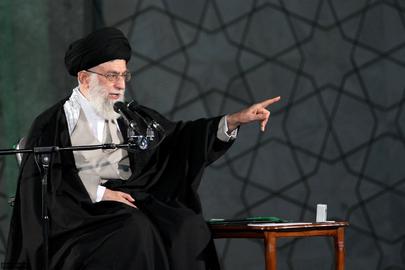

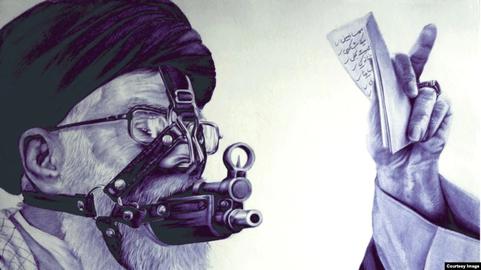


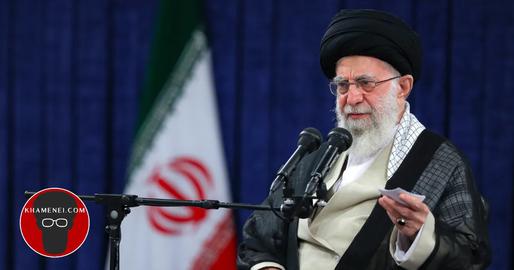
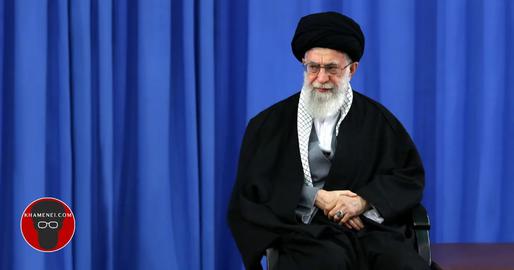
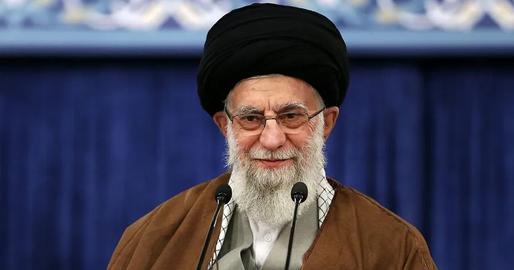
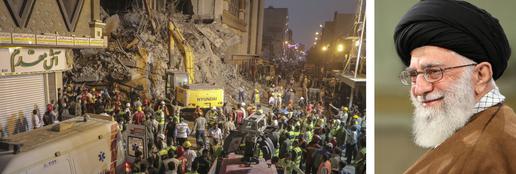
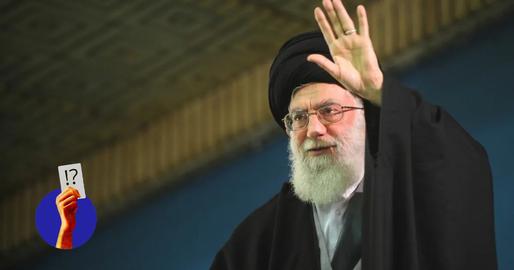
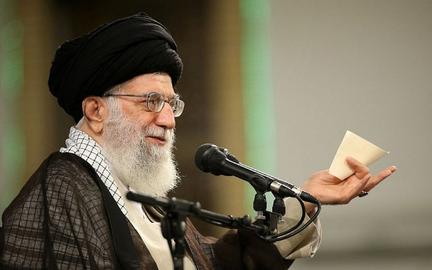
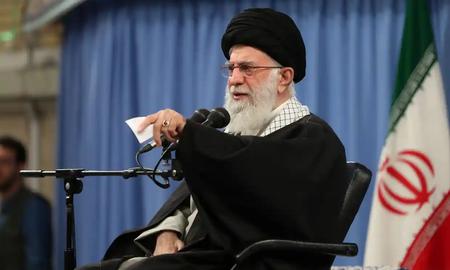

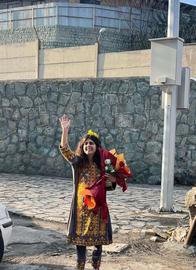
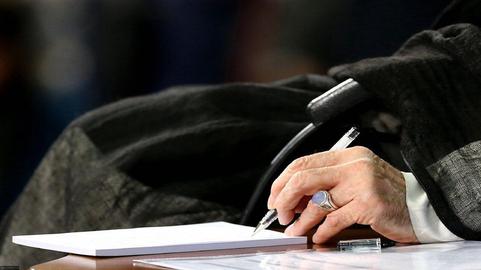
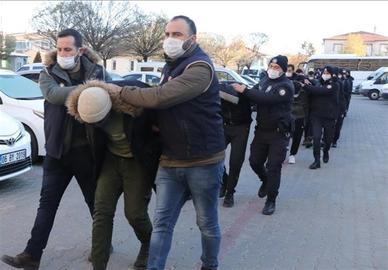
comments